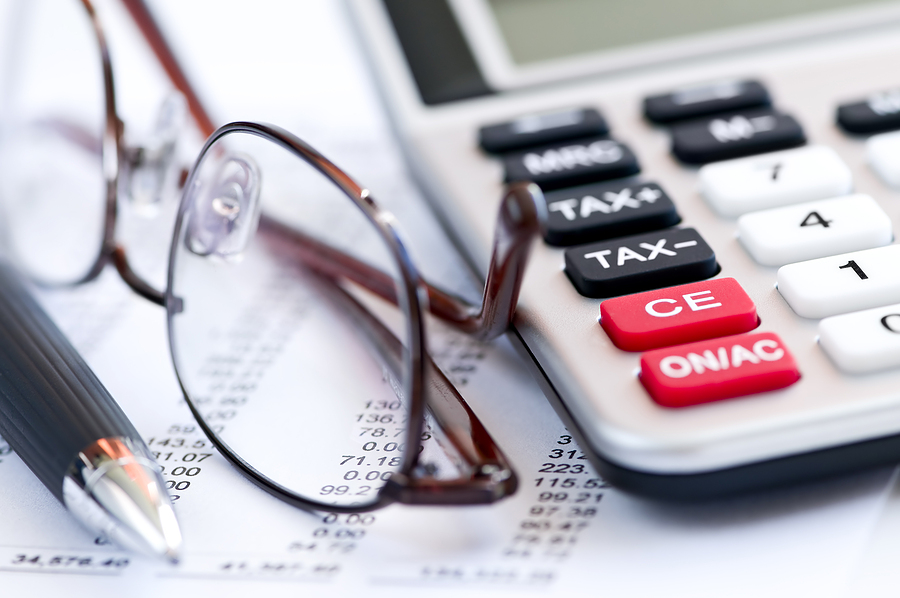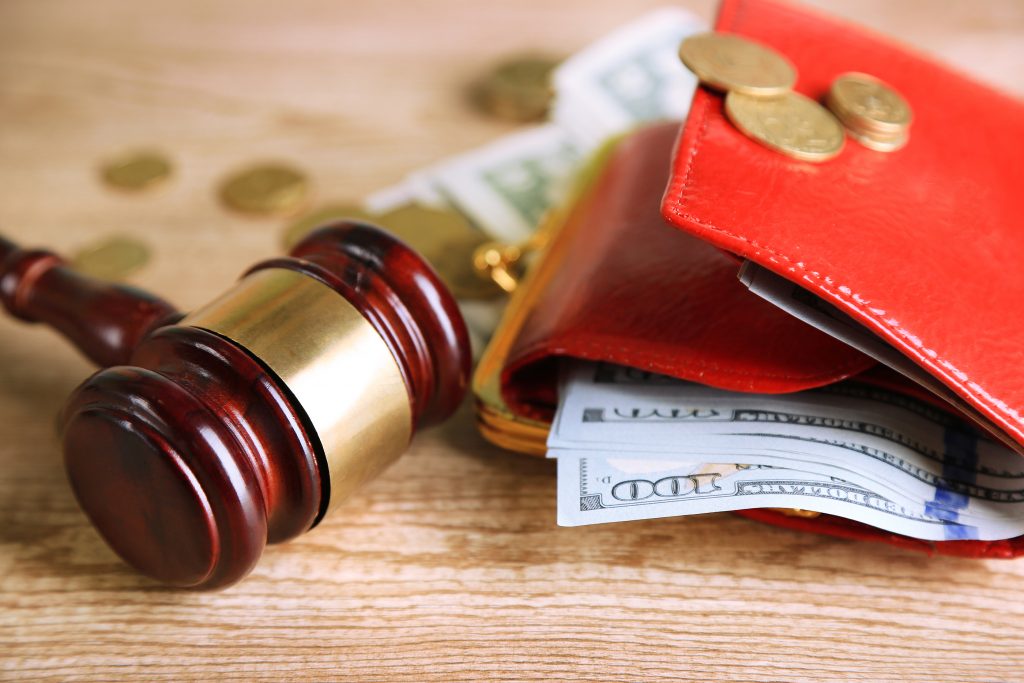Student Loans and Bankruptcy
The average student loan debt in America is around $37,000 per borrower. More than 45 million people carry student loan debt, with the vast majority carrying federal student loans. These loan payments can put a financial burden on young professionals and families, and the debts are often carried on into later years.
While Chapter 7 bankruptcy provides a relief option for many types of debts, when it comes to student loans, bankruptcy gets more complex than it already is.
How Do Student Loans Work With a Chapter 7 Bankruptcy?
Most people will not be able to discharge their student loans in bankruptcy, and that’s especially true for federal student loans. Bankruptcy laws require that you demonstrate that paying back the loans would cause undue hardship for you and, if applicable, your dependents. You also have to go through an adversary proceeding, which is like a lawsuit against the lender within the overall process of the bankruptcy.
In short, it can be a lot of work to get a student loan discharged in a bankruptcy, and only a small percentage of people meet the requirements to do this.
The Brunner Test
The bankruptcy court uses what is known as the Brunner Test to determine if the “undue hardship” requirement is present and a student loan can be included in a bankruptcy discharge. This test goes beyond the means test and other qualifications for a Chapter 7 bankruptcy.
Basically, the Brunner Test requires that:
- You can’t maintain a minimal standard of living if you have to pay back the loans
- There are circumstances that make it likely this situation won’t change during the course (or a significant portion) of the loan period
- You already made a good-faith effort to pay back the loans
”Education Loans” That Can Be Discharged in a Bankruptcy
Sometimes private loans are referred to as student loans, but they don’t qualify as traditional student loans based on Department of Education parameters. In some cases, these types of loans may be eligible to be discharged in a bankruptcy without going through an adversary proceeding or meeting undue hardship requirements.
Some examples of these types of loans include loans to students who are going to school less than half-time, loans used to cover education costs with institutions that aren’t Title IV eligible, and loans for more than the cost of attendance. The cost of attendance refers to expenses related to tuition, books, room and board, and other direct costs.
Can You Discharge Student Loan Debts in a Chapter 13 Bankruptcy?
You also can’t discharge a student loan in a Chapter 13 bankruptcy unless you can demonstrate undue hardship. However, a Chapter 13 bankruptcy does provide some immediate relief for student loan borrowers.
Depending on the exact details of your bankruptcy case and your personal finances, you may be able to defer making payments on your student loan during the Chapter 13 bankruptcy process. Or, you may be able to arrange to make a reduced payment that is more in keeping with your budget and the nature of your Chapter 13 repayment plan. Since Chapter 13 proceedings and repayment plans take 3 to 5 years, student loan borrowers can get a potentially lengthy reprieve that allows them to reorganize their financial situation to ensure they’re in a better place to make student loan payments once they resume.
Are There Other Student Loan Debt Relief Options?
While student loans are, in general, very difficult to discharge in bankruptcy, borrowers are not without options for relief. Federal student loan programs often offer income-driven repayment plans. These debt relief programs extend the term of your loan to allow for a more affordable monthly payment. The amount you end up paying is related to your discretionary income.
You might also qualify for deferment or forbearance on student loans. These opportunities allow you to stop making payments on the loan—or to only make interest payments—for a period of time. These debt relief options are designed to support borrowers who have a temporary change in income or situation that makes loan payments difficult to make, such as the sudden loss of a job.
Talk to a Bankruptcy Attorney
Whether or not you can include a student loan in a bankruptcy discharge is a complicated question, and a good answer really requires reviewing your specific case. That’s actually true for a lot of questions regarding bankruptcy, and an experienced legal team can help you understand all your options so you can make educated decisions about moving forward with any action.
A bankruptcy lawyer also:
- Works to ensure calculations and paperwork regarding your bankruptcy are correct to reduce challenges during the process
- Helps you include all applicable creditors and debts in your bankruptcy petition
- Facilitates communication about your debts during the bankruptcy process, reducing stress related to phone calls and mail from creditors
- Represents you at hearings and other court proceedings, often without you having to be there, allowing you to move on with your life and attend to matters such as family obligations and work
To find out more about how a bankruptcy attorney can help you—and what debts you have that might be dischargeable in a bankruptcy, reach out to the Holland Law Office today. Call 970-232-3097 to make an appointment to meet with our team.







